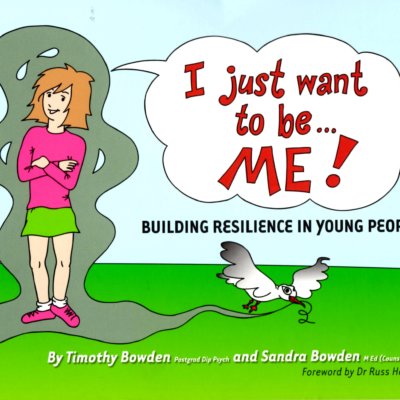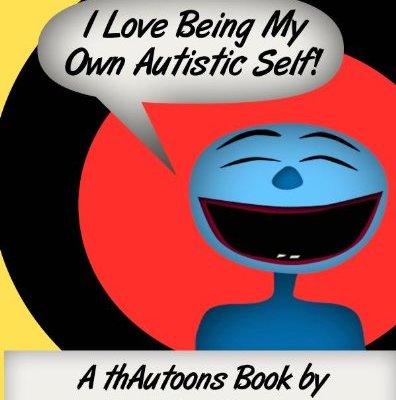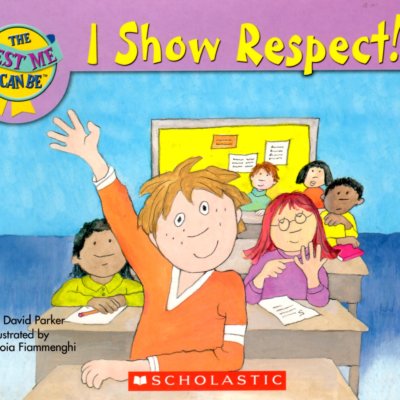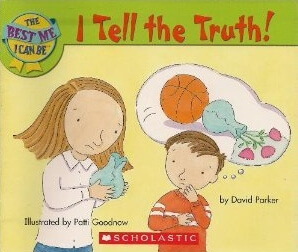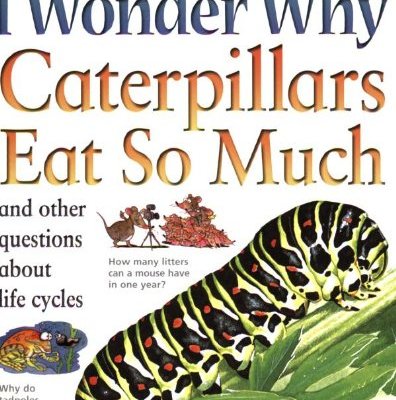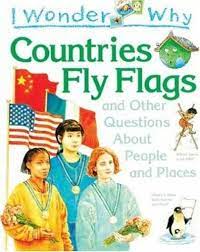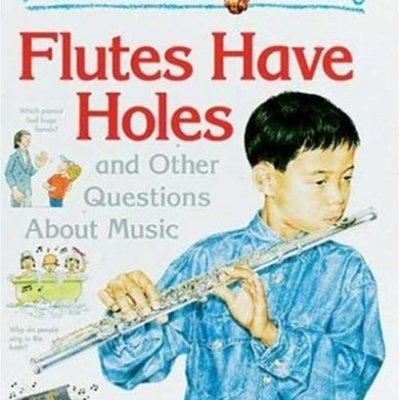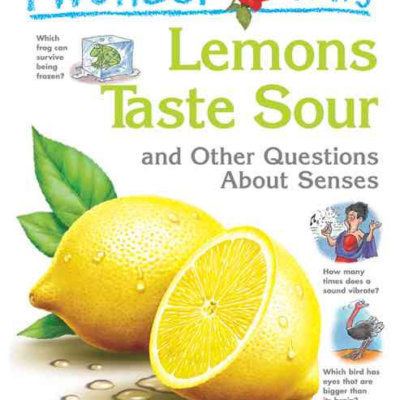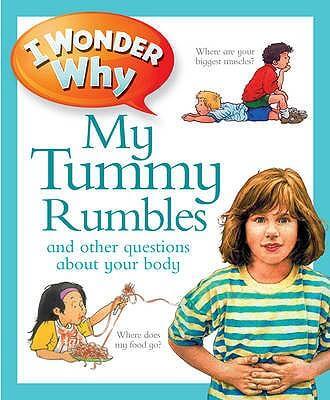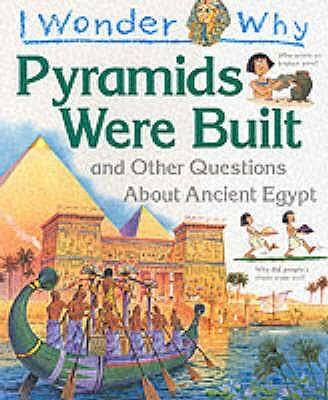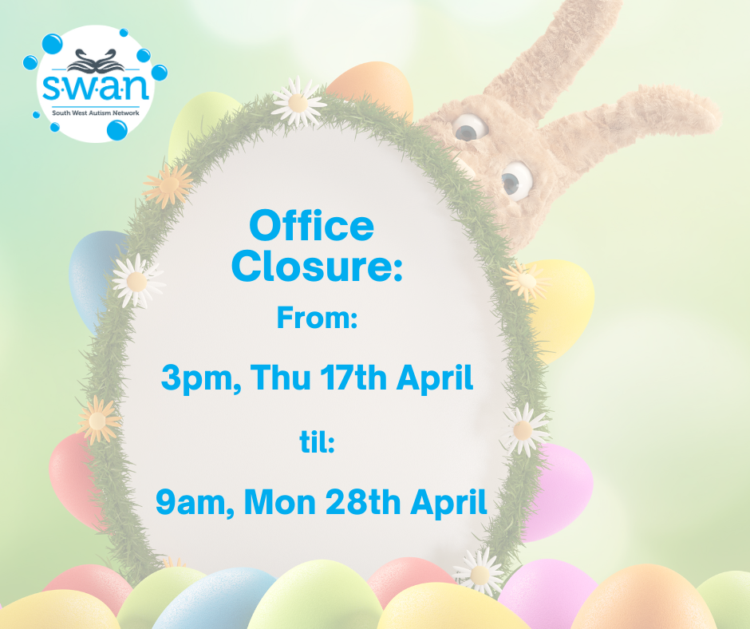I Just Want To Be… Me!
Timothy Bowden & Sandra Bowden
Today's children struggle with a range of issues, from depression and anxiety to poor body image and low self-esteem.
In fact, research suggests that at any given time around 10 per cent of students will be suffering from a mental health issue that directly impacts on their education and health. These simple but sobering facts motivated Tim and Sandra Bowden to write their book, I Just Want to Be Me!, to help build resilience in young people. Acceptance and Commitment Therapy (ACT) (the subject of Dr Russ Harris’s bestselling ) has been proven to be effective in teaching young people effective, flexible strategies for dealing with the stressors in their life and these principles are now brought to life in this graphic novel. By following the main character, Holly, through her encounters with monsters (symbolising her inner doubts and unpleasant thoughts), children will learn how to similarly deal with their own issues and develop a more resilient mental attitude and achieve better emotional balance. Support materials for the book can be downloaded from Tim and Sandra’s website
